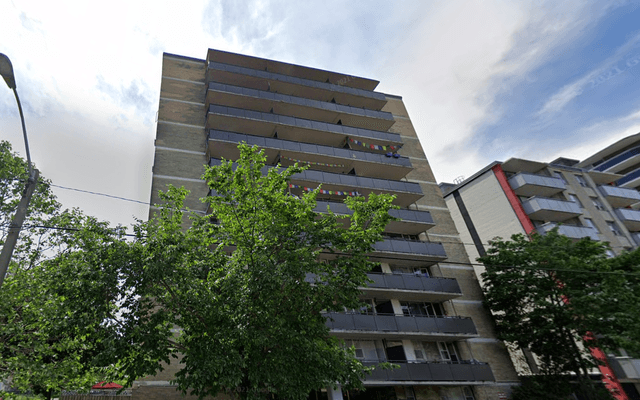- What Multifamily transactions are up in the GTA, but overall sales volume remains depressed
- Why Smaller properties continue to change hands amid expanding cap rates
- What next The overall resilience of the multifamily market is expected to continue
The Greater Toronto Area multifamily market saw a notable quarter-over-quarter uptick in transactions in Q2, according to Colliers, but smaller deal sizes and higher capitalization rates persisted.
For properties with 10 or more residential units, there were 21 deals last quarter, the brokerage said in a Q2 report out this week. Although on par with the 22 transactions recorded during the same period a year ago, the tally is up significantly from the nine sales in Q1 2024.
Sales volume in the second quarter totaled $374.3m, down 28.3% from Q2 2023. The number of suites traded dropped 16.2% year over year to 1,307.
“The deal sizes are smaller, which you can see with the reduction in the number of suites,” Kyle Lindsay, multifamily group lead for Colliers in Toronto, told Green Street News. “Smaller buildings are trading compared to the five-year average, and especially compared to last year. Slightly lower valuations will impact [sales volume] as well.”
Institutional investors aren’t as active, Lindsay notes, which are typically the groups making larger purchases.
“Now it’s more of your private capital buyer, and that’s reflective of the deal size,” he said.
Q2 saw a handful of notable deals, including QMW Corp.’s purchase of the 320-unit Oakview Heights Apartments at 2000 Sheppard Avenue West in Toronto for $101m, or $316,000/unit. Paradise Development acquired a 116-unit rental complex at 1325 Bayview Avenue for $38.25m, or $330,000/unit, and Lankin Investments picked up the 94-unit Black Creek Terrace at 1640 Lawrence Avenue West for $25.9m, or $275,000/unit.
Colliers attributes the uptick in sales in part to the capital gains tax changes that came into effect on June 25. Of the 21 transactions, 14 closed within a week of the deadline.
The average price per suite declined slightly year over year — -1.32% — to $321,280, as cap rates expanded 27 basis points to 3.94%.
“That’s just reflective of where the mortgage rates are,” Lindsay said.
Despite these shifts, the multifamily market appears resilient in the face of headwinds, Colliers said, with persistent demand underpinning market stability.
Another bright spot has been a reduction in the Canada Mortgage and Housing Corp.’s financing backlog, promising accelerated application processing and shorter due diligence timelines.




